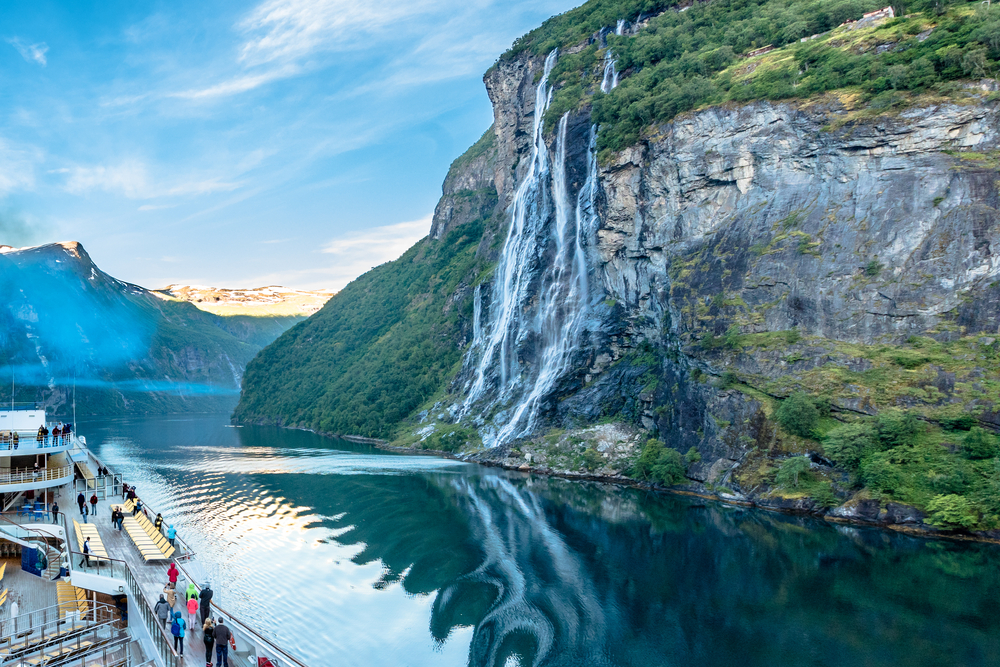Norway has unveiled a pioneering mandate requiring cruise ships to operate with zero emissions by 2032.
This bold initiative aims to transform the maritime industry and preserve the nation’s beloved fjords.
The Norwegian government has announced a groundbreaking decision to impose zero-emissions regulations on cruise ships by 2032. This initiative will initially target vessels under 10,000 gross tonnes starting from 2026, with larger ships expected to comply by the 2032 deadline. This policy aims to foster technological innovation while preserving the pristine environment of Norway’s iconic fjords.
Notably, the cruise industry has been recognised for its economic contributions to Norwegian coastal regions. However, concerns regarding greenhouse gas emissions and pollution from cruise ships have prompted this regulatory shift. Industry stakeholders are urged to align with these progressive measures to ensure continued access to the World Heritage fjords.
The government’s assistance aims to bridge the gap between current technological capabilities and the ambitious goals set for 2032. Climate and environment minister Andreas Bjelland Eriksen expressed confidence in the cruise industry’s ability to adapt, noting that this initiative aligns with broader environmental commitments.
Despite these challenges, Hurtigruten Norway has already unveiled preliminary concepts for its first zero-emission ship, scheduled for launch in 2030. This development reflects the industry’s proactive stance towards embracing sustainable practices.
By implementing these measures, Norway seeks not only to protect its landscapes but also to set a precedent for other countries aiming to balance tourism and environmental stewardship.
Environmental groups have also welcomed the move, viewing it as a progressive step towards mitigating climate change impacts. The requirement aligns with global efforts to curb emissions and promote sustainable practices across various sectors.
Norway’s bold move to enforce zero-emissions standards for cruise ships by 2032 demonstrates a proactive commitment to sustainable tourism. As the industry adapts, collaboration between government, cruise lines, and environmental advocates will be crucial to achieving these goals.
The zero-emissions mandate is likely to serve as a model for sustainable tourism globally.
Ongoing collaboration will be essential for achieving the desired environmental outcomes.

